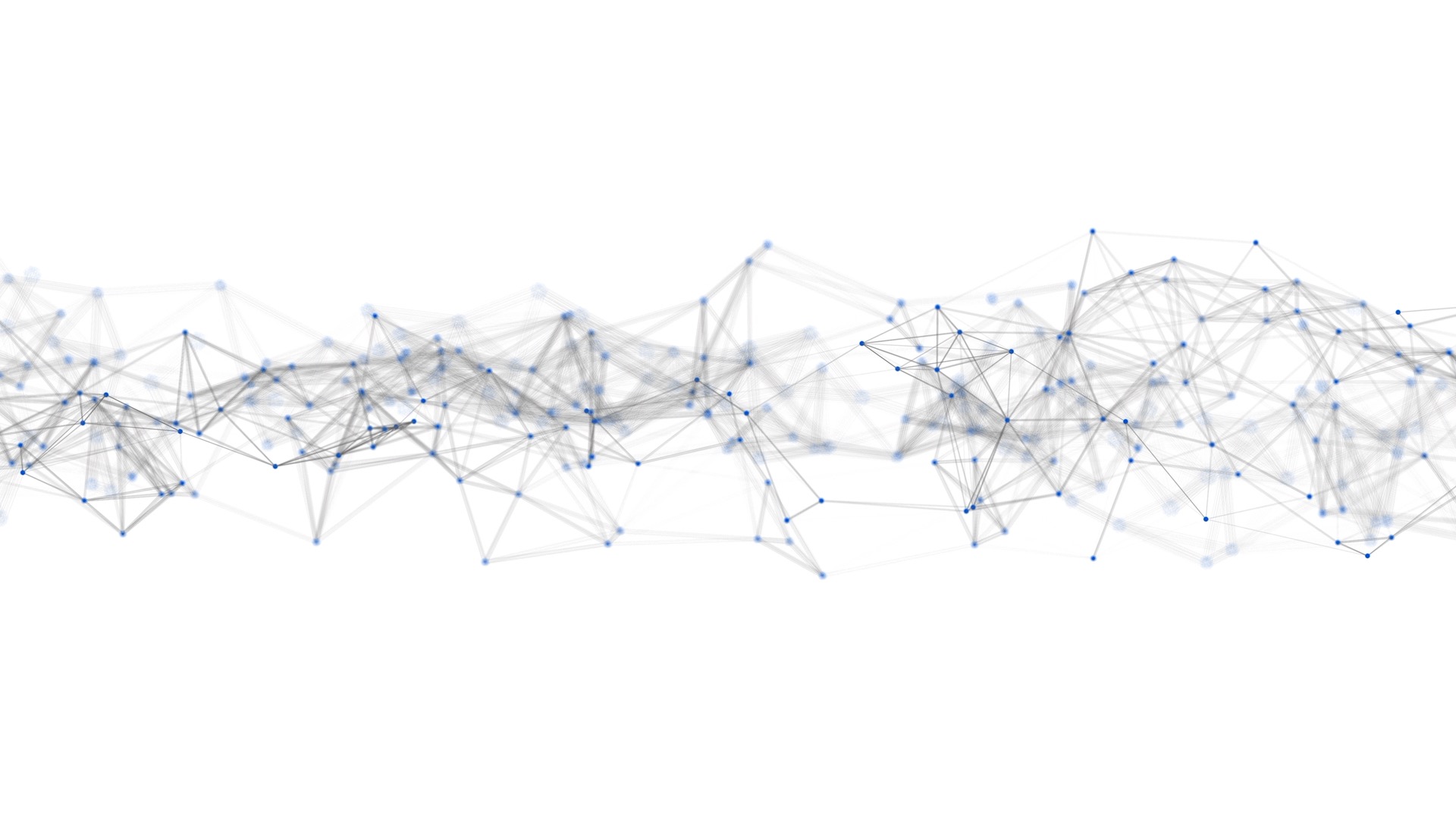
Rurika Okuda
| Position | Program-Specific Researcher |
|---|---|
| Group name | Ogawa Group |
| Research Field | Molecular Oncology |
| Awards | ASH-JSH Abstract Achievement Award, 2023 MDS Symposium Travel Grant, 2023 84th Japanese Hematology Society Young Investigator’s Award, 2022 25th European Hematology Association Congress Travel Award, 2020 |
| Joined | Apr. 1, 2024 |
Research Overview
Characterization of der(1;7)(q10;p10)
Myelodysplastic syndromes (MDS) are a heterogenous group of hematopoietic disorders in which immature blood cells are not able to mature properly in the bone marrow and patients are at risk for developing acute myeloid leukemia (AML). These myeloid neoplasms are stratified into prognostic risk groups on the basis of cytogenetic abnormalities. Although commonly found in Asian MDS, der(1;7)(q10;p10) is an unbalanced translocation that is not amongst the risk groups. Through the use of next-generation sequencing, we aimed to comprehensively analyze myeloid neoplasms with der(1;7)(q10;p10) in order to characterize the clinical and genetic features of patients with the unbalanced translocation.
Biography
Rurika Okuda obtained her Master’s degree from Kyoto University and continued with her work as a Ph.D. student. She is currently working as a researcher at ASHBi.
Publications
Rurika Okuda. Characteristics of myelodysplastic syndromes with der(1;7)(q10;p10). Rinsho Ketsueki. 64(12):1519-1522. 2023 (peer reviewed)
Hideki Makishima, […] Rurika Okuda, et al. Germline DDX41 mutations define a unique subtype of myeloid neoplasms. Blood. 141(5):534-549. 2023 (peer reviewed)
June Takeda, […] Rurika Okuda, et al. Amplified EPOR/JAK2 genes define a unique subtype of acute erythroid leukemia. Blood Cancer Discov. 15:21:0192. 2022 (peer reviewed)
Yotaro Ochi, […] Rurika Okuda, et al. Clonal evolution and clinical implications of genetic abnormalities in blastic transformation of chronic myeloid leukaemia. Nat Commun. 12:2833. 2021.(peer reviewed)
Yotaro Ochi, […] Rurika Okuda, et al. Combined Cohesin-Runx1 Deficiency Synergistically Perturbs Chromatin Looping and Causes Myelodysplastic Syndromes. Cancer Discov. 10(6):836-853. 2020. (peer reviewed)


